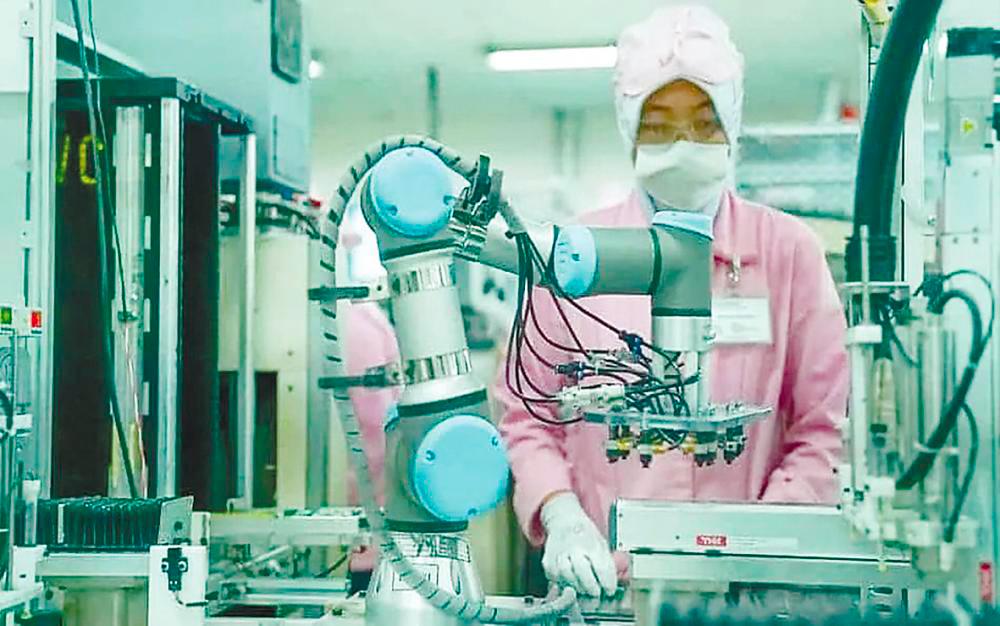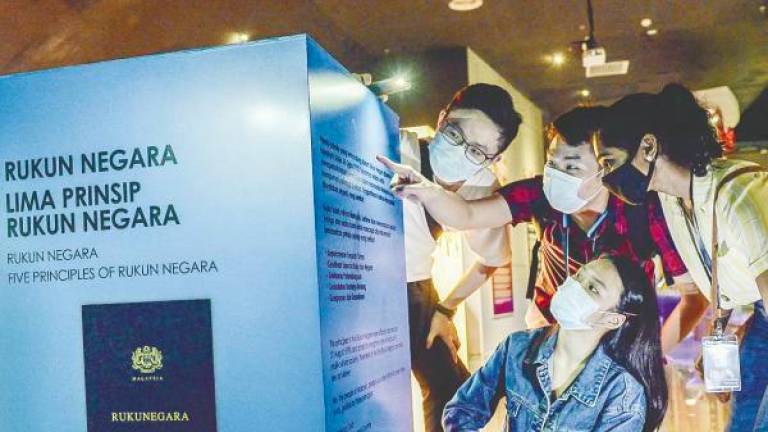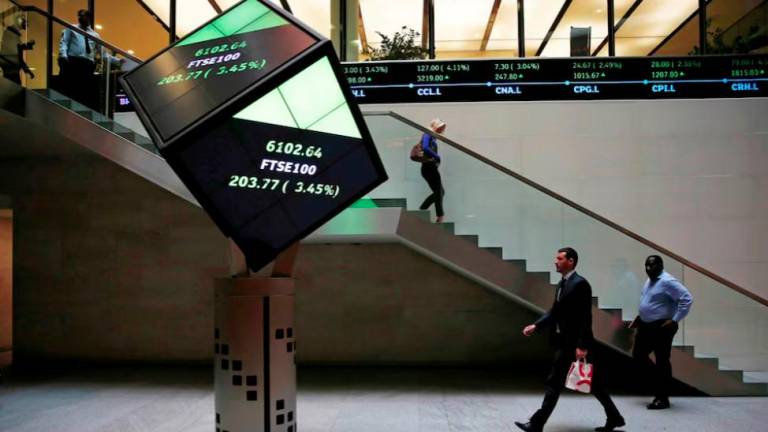PETALING JAYA: Political will is needed to revamp the education system to attract more high-end foreign direct investments (FDI) to the country, said Sunway University economics professor Dr Yeah Kim Leng.
He pointed out that there was currently a mismatch of skills.
Yeah said Malaysia was producing a huge number of graduates, but most of them were in the arts stream and do not meet industrial sector requirements.
“Emphasis needs to be placed on STEM (science, technology, engineering and mathematics) graduates if the country wants to attract high-end investments.
“Local businesses are also feeling it (the problem of skills mismatch) because they cannot get enough skilled workforce to take them to the next level,” he said.
Yeah stressed that Malaysia needs to differentiate itself from countries such as Vietnam and Indonesia, which are rolling out the red carpet to attract investors, adding that every country cannot be fighting for the same group of investors.
He said Malaysia needs to go for high-value investors and this is where STEM graduates will play a big role.
He also said it is more important now to emphasise the quality of graduates rather than quantity.
“The country needs to benchmark its education system to the highest possible level while getting younger people to join TVET (technical and vocational education and training) institutions.
“Not everyone needs to be a graduate. The country needs skilled workers to attract and retain FDI.”
Yeah added that Malaysia’s attractiveness has slipped and this was reflected in the country’s fall in competitiveness ranking.
Malaysia slipped seven notches to 32nd place in the 2022 International Institute for Management Development World Competitiveness Rankings, from 25th spot last year.
Yeah said this should be a wake-up call for the country to change its direction by courting more high-end investments.
He said the only way this can be achieved was for the government to place greater emphasis on STEM and TVET.
He added that there is an urgent need to deal with the skills mismatch if the country wants to remain competitive.
Yeah acknowledged there has been some success with Penang and the Kulim High Technology Park, but said it was not sizeable.
The Statistics Department said FDI in the country increased 261.65% to RM48.1 billion in 2021, compared with RM13.3 billion in 2020.
Nusantara Academy for Strategic Research senior fellow Prof Azmi Hassan said local and foreign investment for the first quarter of 2022 was lagging behind the first or fourth quarter of 2021.
He said the 2021 FDI was surprising as it surpassed all the FDI before it.
“The lacklustre growth of the domestic and FDI for the first quarter of this year cannot be blamed on the Covid-19 pandemic as the country was also facing the same pandemic last year.
“The lack of investment is most probably because of the war in Ukraine. There is a need to look at the local situation to determine the reason for the lack of investments.
“Looking back to the third and fourth quarters of last year, there was a lack of investments because the government was not stable. This was also reflected in the first quarter of this year.”
He said the political situation alone cannot be blamed for the lack of investment.
There is no one reason for the lacklustre investment in the country, but the combination of the unstable government and war in Ukraine could be blamed for the performance of FDI, Azmi said.
He added that the FDI for the first quarter of 2022 was not very encouraging.













